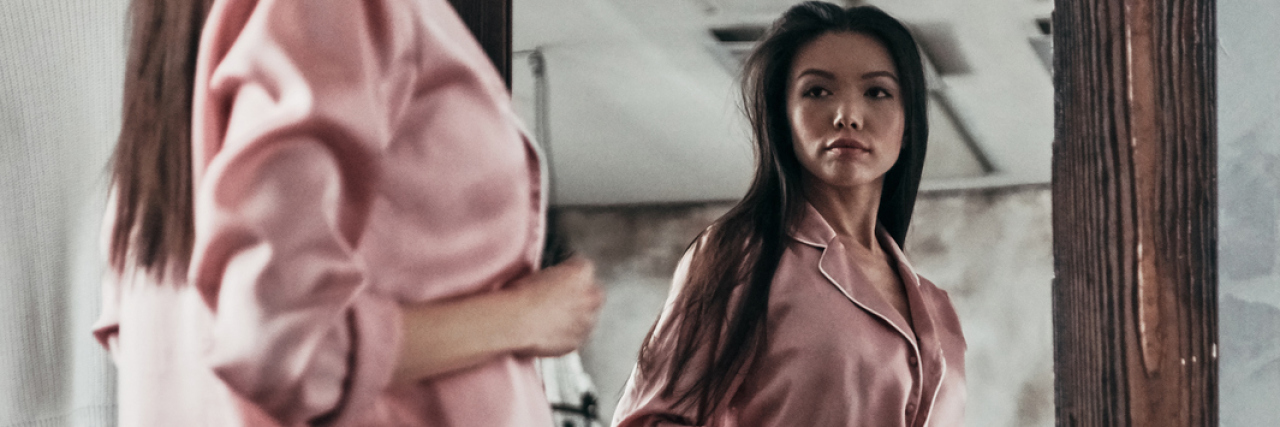Growing up without a sense of an identity, a history, a past.
It happens to many of us — those of us who do not know both of our biological parents, those of us adopted, those of us abandoned to the system. We have no one to ask, no pictures to see, no family tree, and sometimes don’t racially resemble the families we grew up in. Some of us grow up bouncing around from place to place, home to home, so many faces, so many colors, all without history — just like us.
Growing up without a sense of self. It is what happens when your family history ends at you. You have nothing that “shaped you.” You have nothing to boast about, with pride dating back generations. All you have is that strange reflection in the mirror of a person you don’t know, without a history. Some of us know at least the country of our origin, and others have absolutely no idea why they look the way they do and how they came to be the unidentifiable mix they are.
We are a subculture of people without a country to call our own, without a people to call family, and without roots to look back on with pride. Some of us try to identify with each other and collaborate as this faceless nameless sub-category of forgotten and abandoned. Some of us keep to ourselves and quietly long for something more than those who do congregate could ever provide us.
We come from all different backgrounds and situations, some fortunate, many not. Many with emotional and mental consequences of our birth. Deep-seated trust issues, abandonment issues, bonding issues, some with intense consuming volatile moods or the opposite spectrum — unable to process emotion, seeming cold and heartless. Our infancy, childhood and adolescence sometimes a transient state. Nothing permanent, no attachments to keep, whatever small bonds that formed torn away from us as we are moved on to our next home or destination.
The sense of desperation to be loved and accepted leads many of us into relationship dynamics that ultimately leave us even more broken than when we entered, or we want to be loved and accepted but then the innate fear of abandonment leads us to self-sabotage or to talk ourselves out of love.
We are all across the spectrum of “damaged goods,” wanting to be understood when we still don’t quite understand ourselves or exactly why we are the way we are.
The accumulation of instances of checking off the “n/a” and “unknown” boxes for genetic and family health history.
The red tape in obtaining things like passports if we were adopted from another country.
The fear of deportation for the slightest problem, though many of us have been naturalized citizens since infancy.
The constant questioning of whether our birth parents think of us as much as we think about them. Do we have siblings? Nieces? Nephews? Are our grandparents living? Who knows about us or are we the skeleton in the closet? Whose nose do I have? Who did I inherit my eyes from? Is my personality like that of a family member? What would my life have been like had I not been given up/abandoned/taken? What would I had been like had I grown up in my country of origin?
The swirling vortex of questions that never stop in the backs of our minds.
If we have little to no sense of identity, how do we find our sense of purpose? Will we be lost forever in the anonymity of our situation? Only time will tell, but just know that if you can relate, you’re not alone.
Getty Images photo via g-stockstudio

